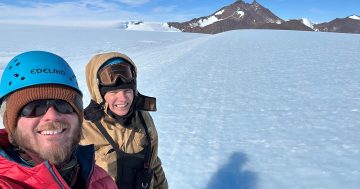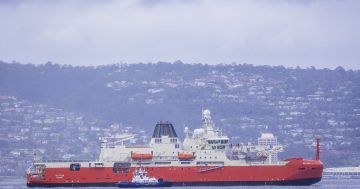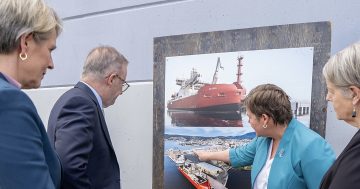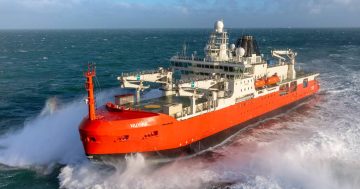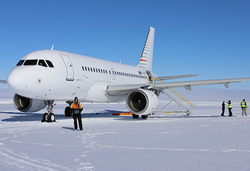 The Department of Agriculture, Water and the Environment’s Australian Antarctic Division (AAD) has kicked off its Antarctic summer season, welcoming an initial cohort of 28 expeditioners to the frozen continent and delivering COVID-19 vaccines to AAD winter expeditioners.
The Department of Agriculture, Water and the Environment’s Australian Antarctic Division (AAD) has kicked off its Antarctic summer season, welcoming an initial cohort of 28 expeditioners to the frozen continent and delivering COVID-19 vaccines to AAD winter expeditioners.
General Manager of Operations and Safety at AAD, Charlton Clark said the 2021-2022 summer season would see about 500 expeditioners travel south to undertake research or support scientists as part of the Australian Antarctic Program.
“This season will also see the return of flights of ski-equipped aircraft between our stations and deep into the interior of Antarctica,” Mr Clark said.
Chief Medical Officer at AAD, Dr Jeff Ayton said sufficient Pfizer vaccines for the 27 wintering expeditioners at Casey research station were flown in while frozen in a small container.
“This has been a great achievement made possible by months of careful planning,” Dr Ayton said.
“This wasn’t a simple delivery,” he said.
“We had to ensure the vaccine was stored at the right temperature from its arrival in Hobart, delivery to the plane, the flight to Antarctica and then the four-hour journey across the ice to the station.”
Dr Ayton said the wintering expeditioners left Australia before the vaccine was widely available and had been totally isolated since.
The Chief Medical Officer said the complex vaccine transport process was carried out with the ongoing support of the Department of Health and the Department of Foreign Affairs and Trade.
“The delivery also had consignments for Davis and Mawson research stations, which will be transported during the season,” he said.
“Final logistics planning is underway given the complexities, distances and various transports to each station, including Macquarie Island.”
Director of AAD, Kim Ellis said a comprehensive suite of COVID-19 prevention measures had been developed by the Polar Medicine Unit.
“We can’t rely on a single measure to reduce the risk of COVID-19 reaching our stations and people,” Mr Ellis said.
“Expeditioners travelling south will need to be fully vaccinated before transiting on our ships and planes to Australian Antarctic stations and field camps.”
He said other requirements for expeditioners included two weeks’ pre-departure quarantine and testing and health monitoring prior to departure; during training; in transit; and on arrival.



